Protein is a vital nutrient that plays a crucial role your health, such as muscle repair and growth, hormone synthesis, and immune function. There are numerous vegetarian sources of protein that can meet dietary needs and support overall health. It is a common misconception that you need meat in your diet to get enough protein.
Whether you’re a vegetarian or simply looking to incorporate more plant-based protein into your diet, here are some foods that are rich sources of protein.
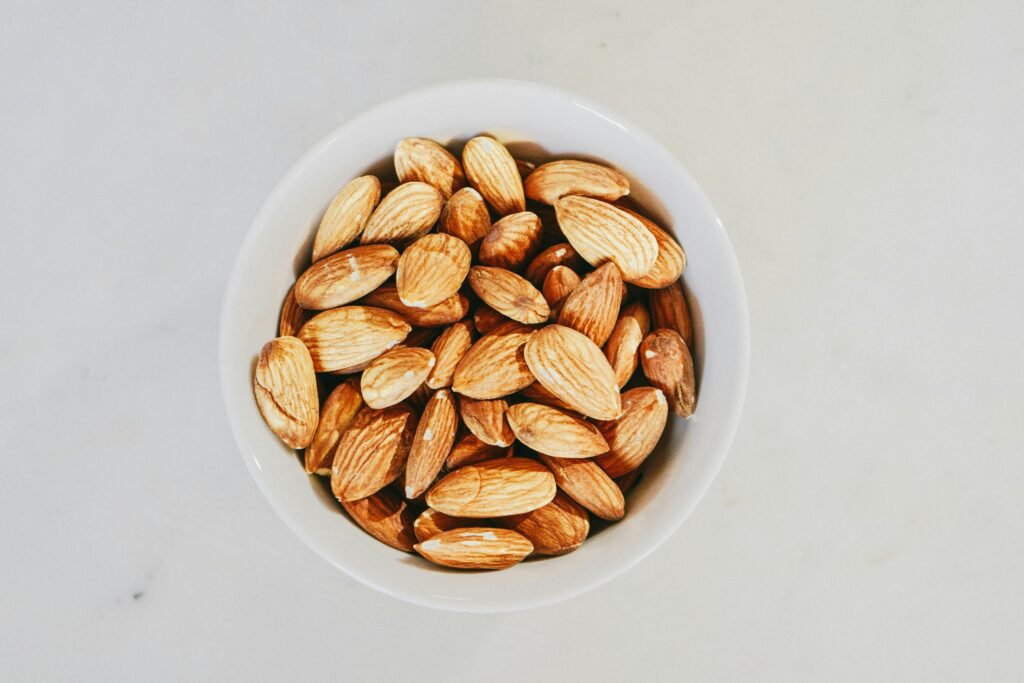
1. Legumes
Legumes are nutritional powerhouses packed with protein, fiber, vitamins, and minerals. Some examples include including beans, lentils, and peas. They come in various forms and can be easily incorporated into a wide range of dishes, from soups and stews to salads and dips. For example, one cup of cooked lentils provides approximately 18 grams of protein, making them one of the richest plant-based sources of protein.
2. Tofu and Tempeh
Tofu and tempeh are soy-based products that serve as versatile protein sources in vegetarian diets. Tofu, made from soybean curds, has a neutral flavor and can absorb the flavors of other ingredients in dishes. Similarly, tempeh, which is made from fermented soybeans, has a nutty flavor and a firm texture. Both tofu and tempeh can be grilled, stir-fried, or baked to create delicious and protein-rich meals.
3. Quinoa
Quinoa is gluten-free and is prized for its high protein content and complete amino acid profile. Unlike most plant foods, quinoa contains all nine essential amino acids, making it an excellent source of vegetarian protein. Additionally, quinoa is rich in fiber, vitamins, and minerals, making it a nutritious addition to salads, bowls, and side dishes.
Check out this quinoa salad recipe.
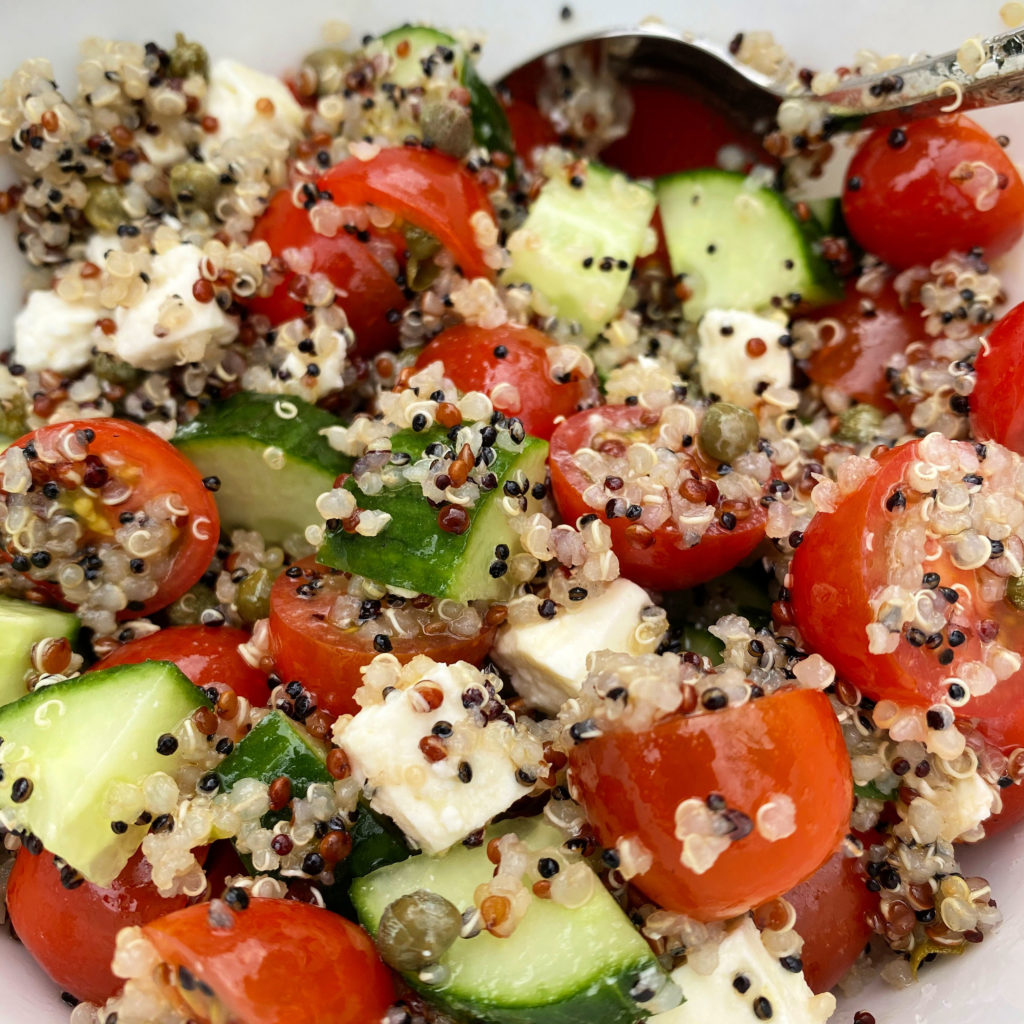
4. Nuts and Seeds
Nuts and seeds are not only delicious snacks but also excellent sources of plant-based protein. Almonds, peanuts, walnuts, and cashews are among the nuts highest in protein content, while seeds such as chia seeds, flaxseeds, pumpkin seeds, and sunflower seeds also provide significant amounts of protein. Incorporating nuts and seeds into oatmeal, yogurt, salads, and smoothies can add both protein and crunch to your meals.
5. Seitan
Seitan, also known as wheat gluten or wheat meat, is a meat substitute made from gluten, the protein found in wheat. Although it is not suitable for individuals with gluten intolerance or celiac disease, seitan is an excellent source of protein for vegetarians and vegans. With its meat-like texture and ability to absorb flavors, seitan can be used in a variety of dishes, including stir-fries, sandwiches, and stews.
6. Edamame
Edamame, or immature soybeans, are a popular snack and appetizer in many Asian cuisines. They are not only delicious but also packed with protein, fiber, and essential nutrients. Boiled or steamed edamame pods make a nutritious snack, while shelled edamame can be added to salads, stir-fries, and rice dishes to boost their protein content.
7. Dairy Products
Dairy products such as milk, yogurt, and cheese are rich sources of protein for lacto-vegetarians. Greek yogurt, in particular, is high in protein and can be enjoyed on its own or used as a creamy topping for fruit, granola, or smoothie bowls. Cottage cheese and paneer (Indian cheese) are also excellent sources of protein that can be incorporated into savory dishes and desserts.
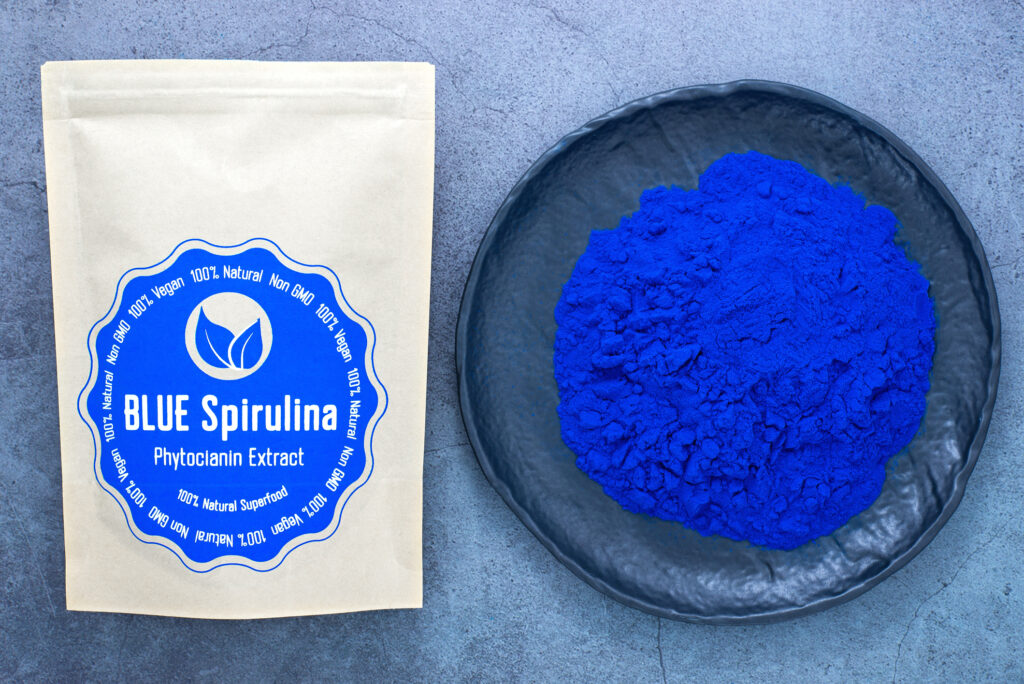
8. Spirulina
Spirulina is a blue-green algae that is often marketed as a superfood due to its high protein content and abundance of nutrients. It is available in powder or tablet form and can be added to smoothies, juices, or energy bars for an extra protein boost. Spirulina has a slightly earthy flavor, so it pairs well with sweet fruits and other flavorful ingredients.
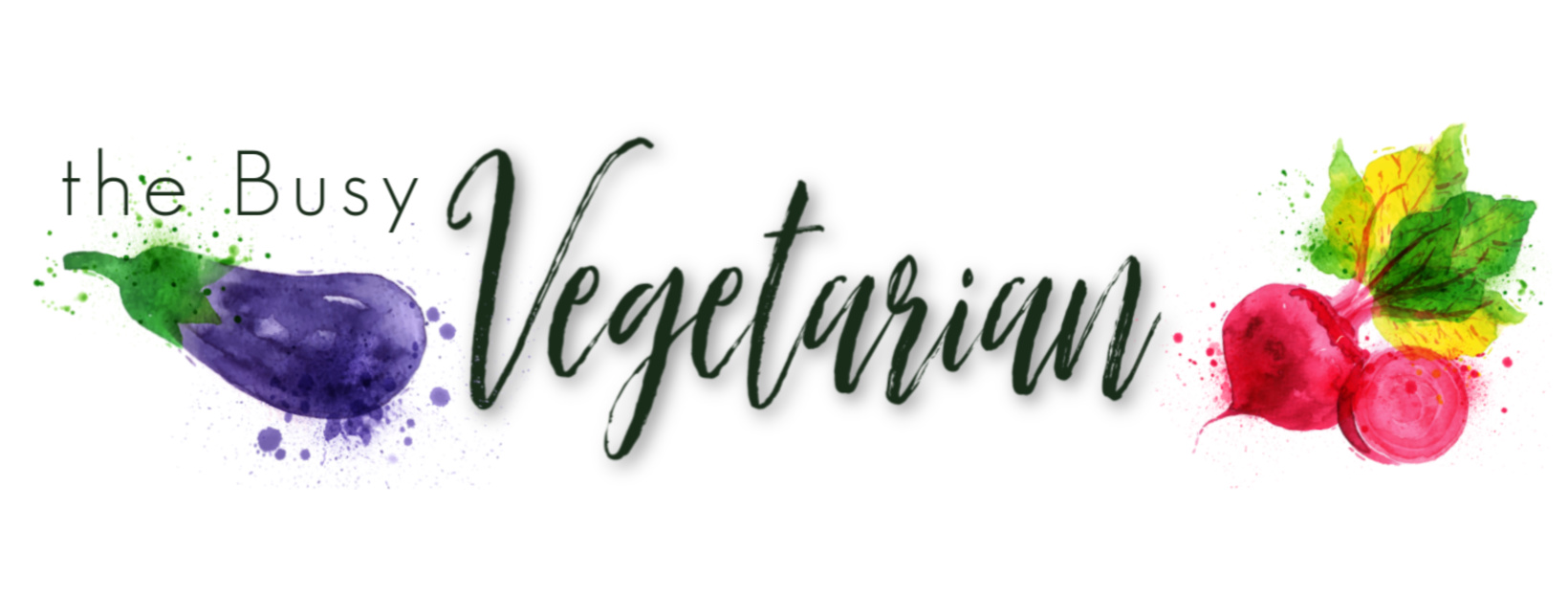

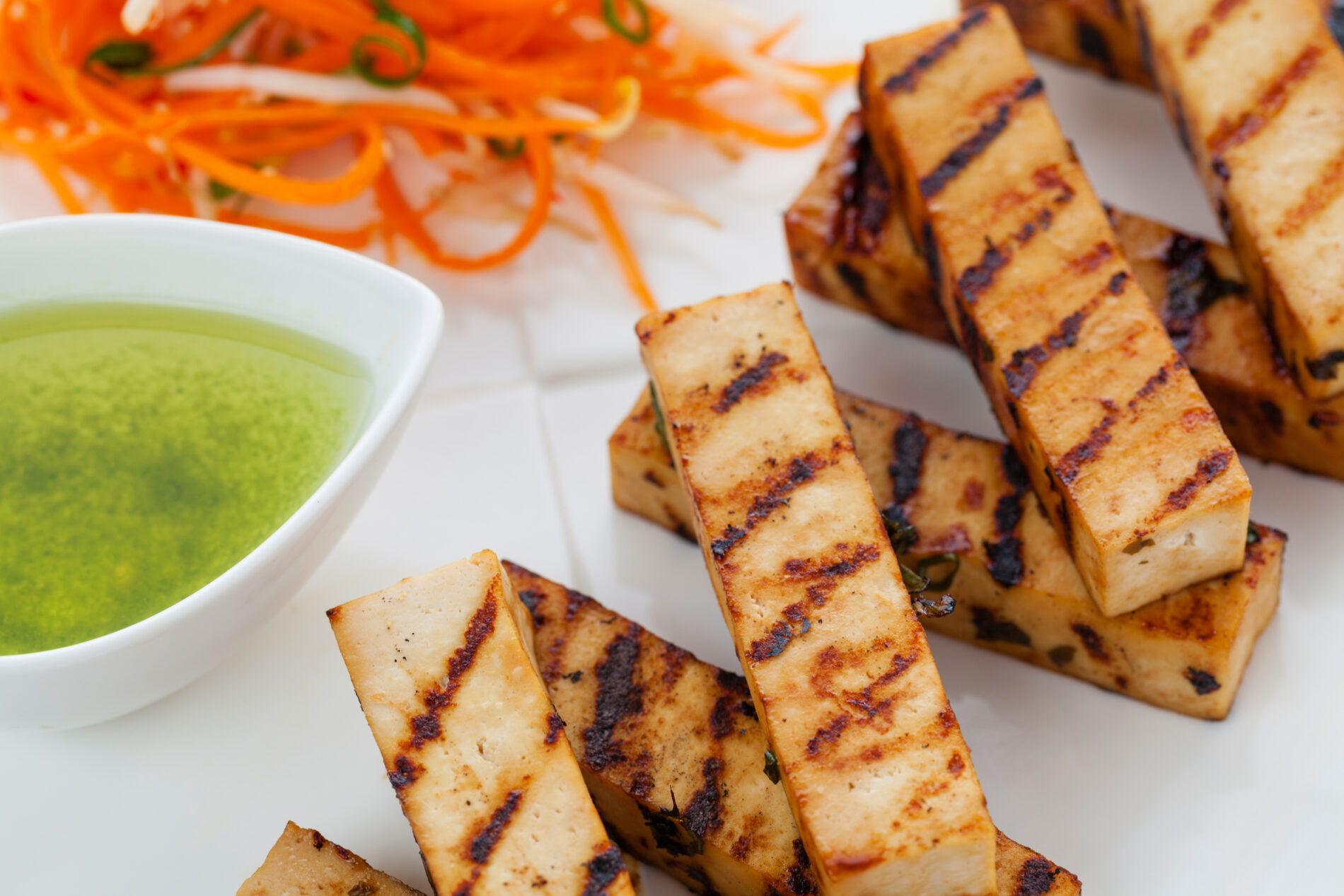



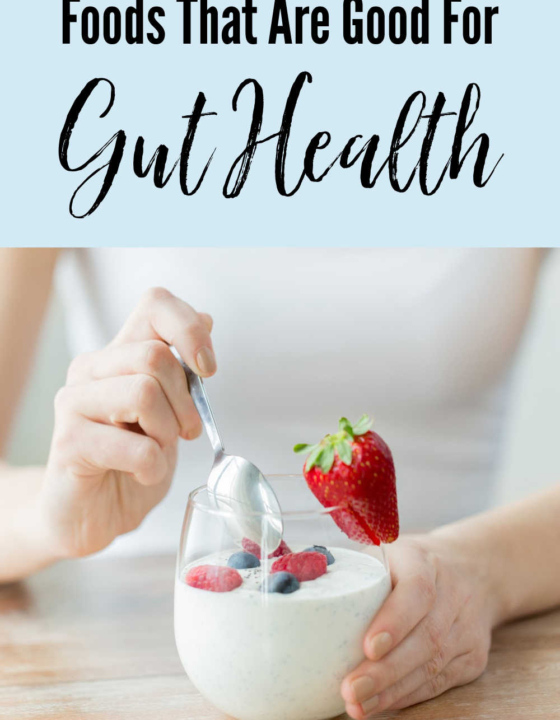
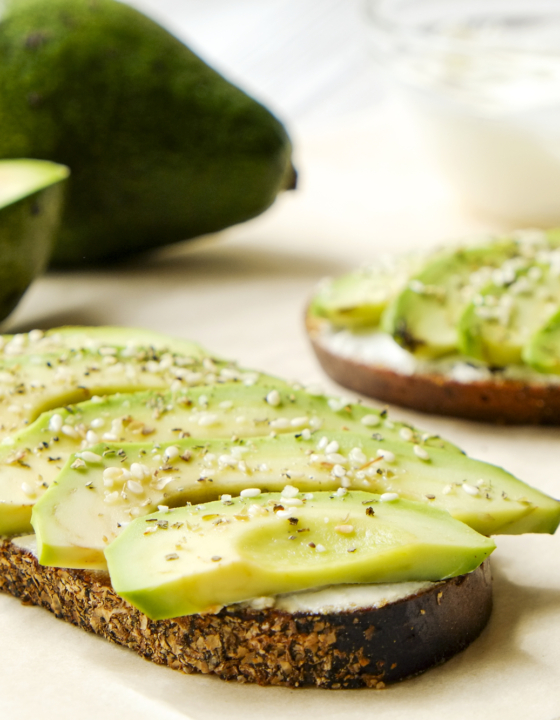
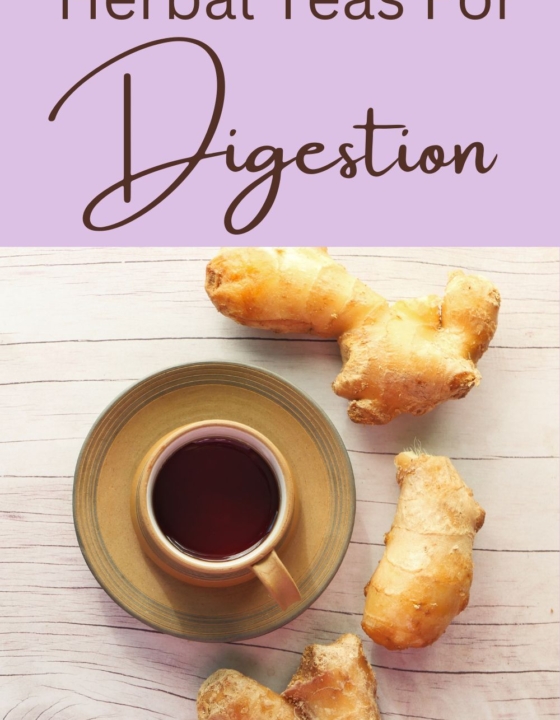


Lid
February 19, 2025Thank you for the article! Spirulina is not one I had known about. Definitely giving it a try now 🙂